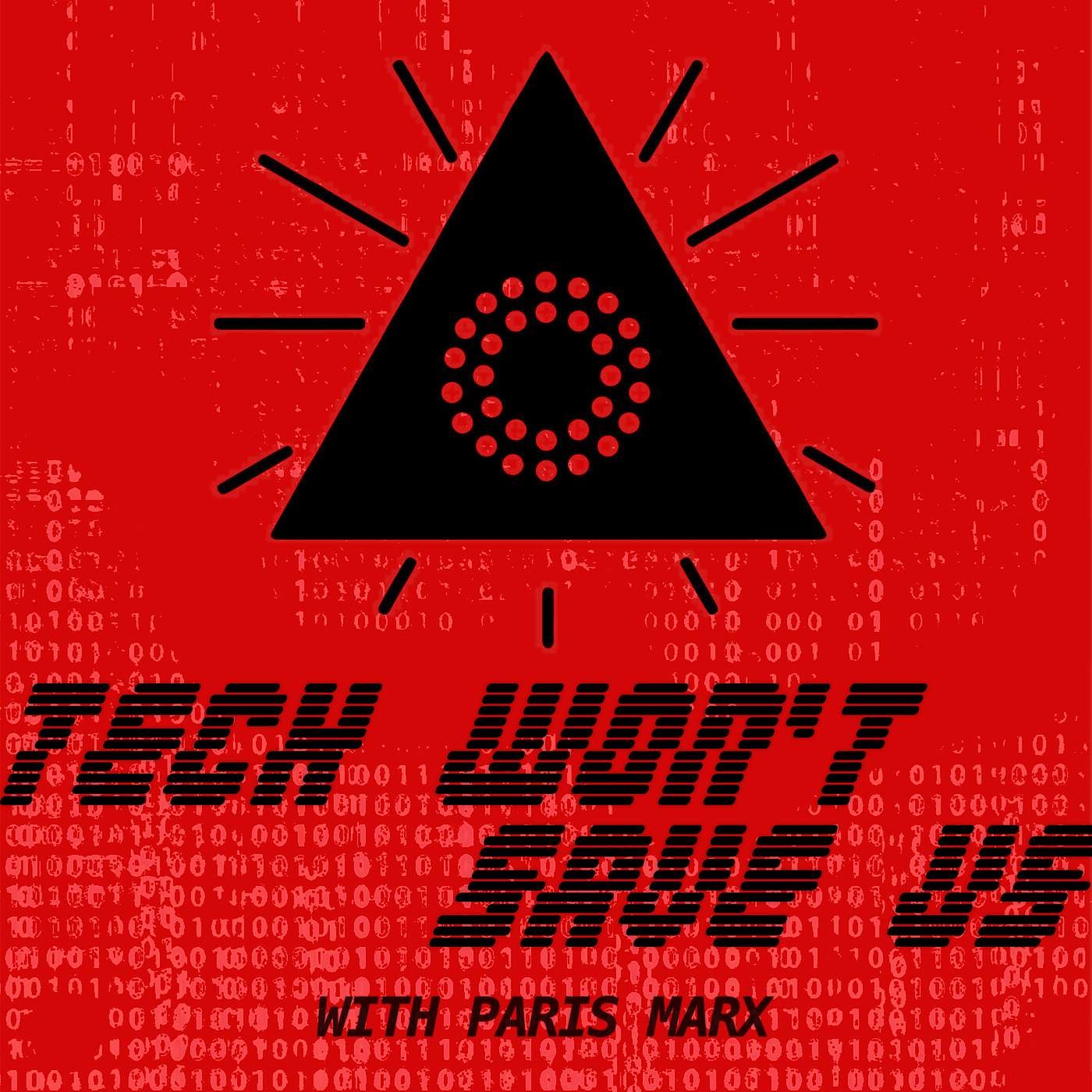How YouTube Normalizes Right-Wing Extremism w/ Becca Lewis
01 21 21


Paris Marx is joined by Becca Lewis to discuss YouTube’s history of incentivizing extreme content, how the storming of the US Capitol shows the power of media spectacle, and why we should see social media platforms as media companies.
Becca Lewis is a PhD candidate in Communication at Stanford University. She’s also written for a number of publications, including NBC News, Vice News, and New York Magazine. Follow Becca on Twitter as @beccalew.
Venture capitalists aren’t funding critical analysis of the tech industry — that’s why the show relies on listener support.
Become a supporter on Patreon to ensure the show can keep promoting critical tech perspectives. That will also get you access to the Discord chat, a shoutout on the show, some stickers, and more!